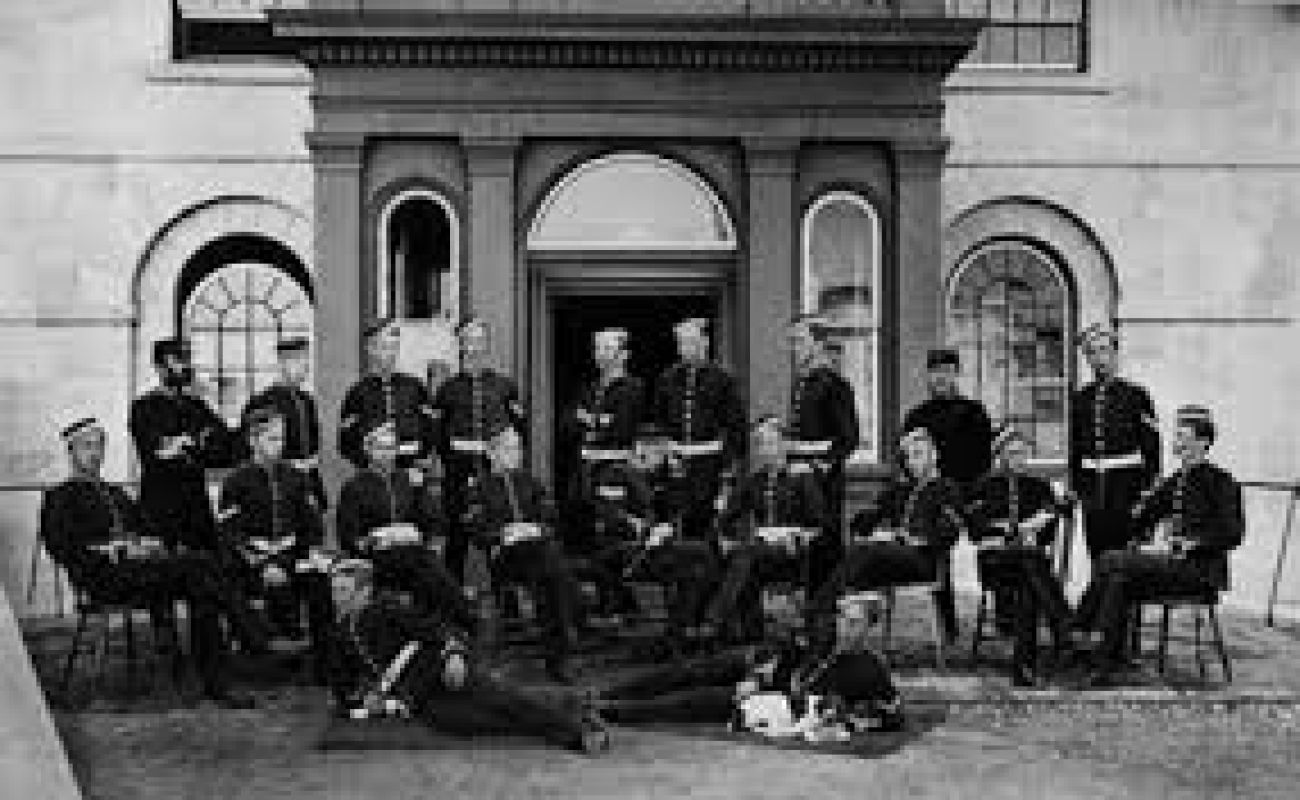
Government of Canada recognizes the Creation of Canada’s Permanent Military Force (1871–1883) as a national historic event
Today, Parks Canada and the Historic Sites and Monuments Board of Canada commemorated the national historic significance of the creation of Canada’s permanent military force (1871–1883) at a plaque unveiling ceremony at Fort Henry National Historic Site. National historic designations illustrate the persons, places, and events that have marked history in Canada. Together, they tell the stories of who we are and connect us to our past, enriching our understanding of ourselves, each other, and this country.
For more than one hundred years following the Seven Years’ War (1756–1763), the British Army and Royal Navy continued to defend British North America with support from local militias and in partnership with Indigenous allies. After Confederation in 1867, defence became a federal responsibility and Britain began to withdraw its military forces from Canada. The number of British troops in Canada fell from roughly 15,700 in 1867 to about 4,000 in 1869. By 1871, Britain had withdrawn all its forces, except for garrisons at Halifax, Nova Scotia, and Esquimalt, British Columbia.
In response to the British withdrawal, Canada established permanent garrisons at Fort Henry in Kingston and the Québec Citadel to train the militia and take charge of the magazines, armaments, artillery, and stores left behind by the British. The passage of the Militia Act of 1883 expanded the permanent force and authorized the formation of new cavalry, artillery, and infantry schools. This marked the start of the permanent military force in Canada, which ended more than a century of dependence on Britain and represented the beginnings of military professionalization in the country.
The Government of Canada, through Parks Canada and the Historic Sites and Monuments Board of Canada, recognizes significant people, places, and events that shaped this country as one way of helping Canadians connect with their past. By sharing these stories with Canadians, we hope to foster understanding of and reflection on the diverse histories, cultures, legacies, and realities of Canada’s past and present.
The designation process under Parks Canada’s National Program of Historical Commemoration is largely driven by public nominations. To nominate a person, place or historic event in your community, please visit the Parks Canada website for more information: https://www.pc.gc.ca/en/culture/clmhc-hsmbc/ncp-pcn/application.
Quotes
“The creation of a permanent Canadian military force marked a step toward greater national sovereignty and laid the foundation for military service to become a profession in Canada. Our military plays an important role in keeping Canada strong, secure, and united. I encourage all Canadians to learn more about the creation of our permanent military force and its role in shaping our country’s heritage and identity.”
The Honourable Steven Guilbeault,
Minister of Canadian Identity and Culture and Minister responsible for Official Languages

